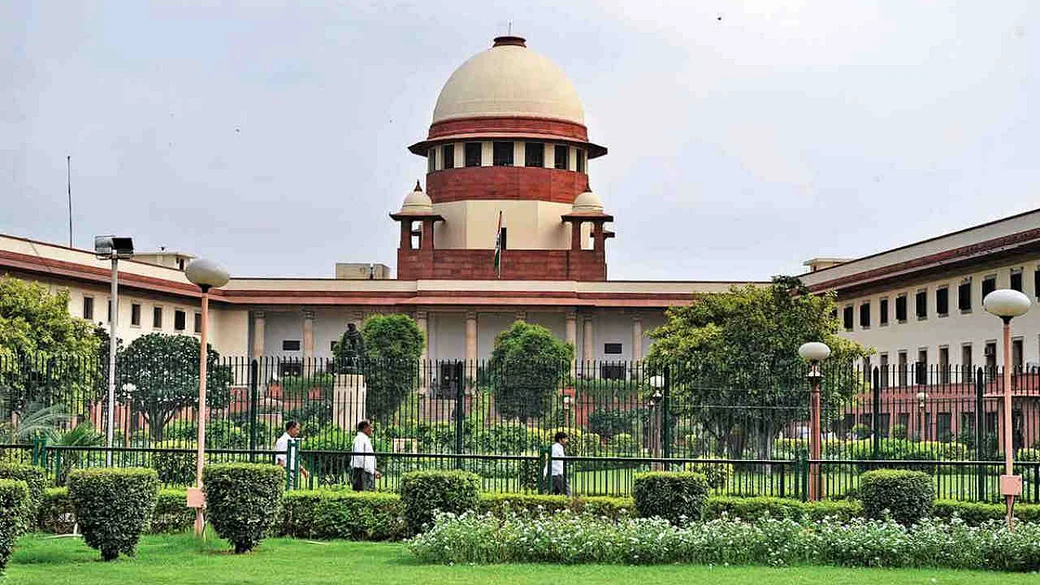The Supreme Court on Thursday announced that it would hear a batch of petitions challenging the constitutional validity of the Waqf (Amendment) Act, 2025, on May 20, for interim relief. A Bench comprising Chief Justice of India, BR Gavai, and Justice AG Masih will consider whether an interim stay is required in the case.
The previous Bench, headed by the then CJI Sanjiv Khanna, had said that it would address three key issues for interim relief: the de-notification of Waqf properties (and whether they are Waqf by user or Waqf by deed), the nomination of non-Muslims to the Waqf Council and State Waqf Boards, and the identification of government land under Waqf.
The apex court on Thursday also noted that, in the meantime, the assurance given by Solicitor General Tushar Mehta—regarding the Central Government’s decision not to implement the provisions of the Act—will remain in place.
Solicitor General Mehta, representing the Centre, had assured the apex court that key provisions of the Waqf Act, including those regarding the de-notification of Waqf properties, the inclusion of non-Muslims in the Central Waqf Council and Waqf Boards, and the identification of government land under Waqf, would not be implemented for the time being. He also assured that no appointments would be made to the Waqf Council or Waqf Boards during this period.
During the hearing, Solicitor General Mehta informed the court that the Centre had filed a detailed response to the petitions challenging the constitutional validity of the Waqf Act. The Bench adjourned the matter, saying, “We will consider the issue of interim relief on May 20.”
A batch of petitions challenging the Act was filed before the apex court, with the petitioners arguing that it was discriminatory towards the Muslim community and violated their fundamental rights. Six states ruled by the Bharatiya Janata Party (BJP) have also approached the apex court, supporting the amendment.
President Droupadi Murmu gave her assent to the Waqf (Amendment) Bill, 2025, on April 5, after it was passed by Parliament following heated debates in both Houses.
The central government has filed a preliminary affidavit in the Supreme Court, seeking the dismissal of petitions challenging the constitutional validity of the Waqf (Amendment) Act, 2025. It argued that the law does not violate the fundamental rights guaranteed under the Constitution.
In its affidavit, the Centre said that the amendments were intended solely for the regulation of the secular aspects related to the management of the properties and, therefore, did not infringe upon the religious freedoms guaranteed under Articles 25 and 26 of the Constitution.
The central government has urged the court not to stay any provisions of the Act, saying that it is a well-established legal position that constitutional courts would not stay a statutory provision, either directly or indirectly, and would only decide the matter conclusively.
The government also argued that removing the statutory protection for Waqf-by-user does not deprive any person from the Muslim community of the ability to create a Waqf.
(ANI)














